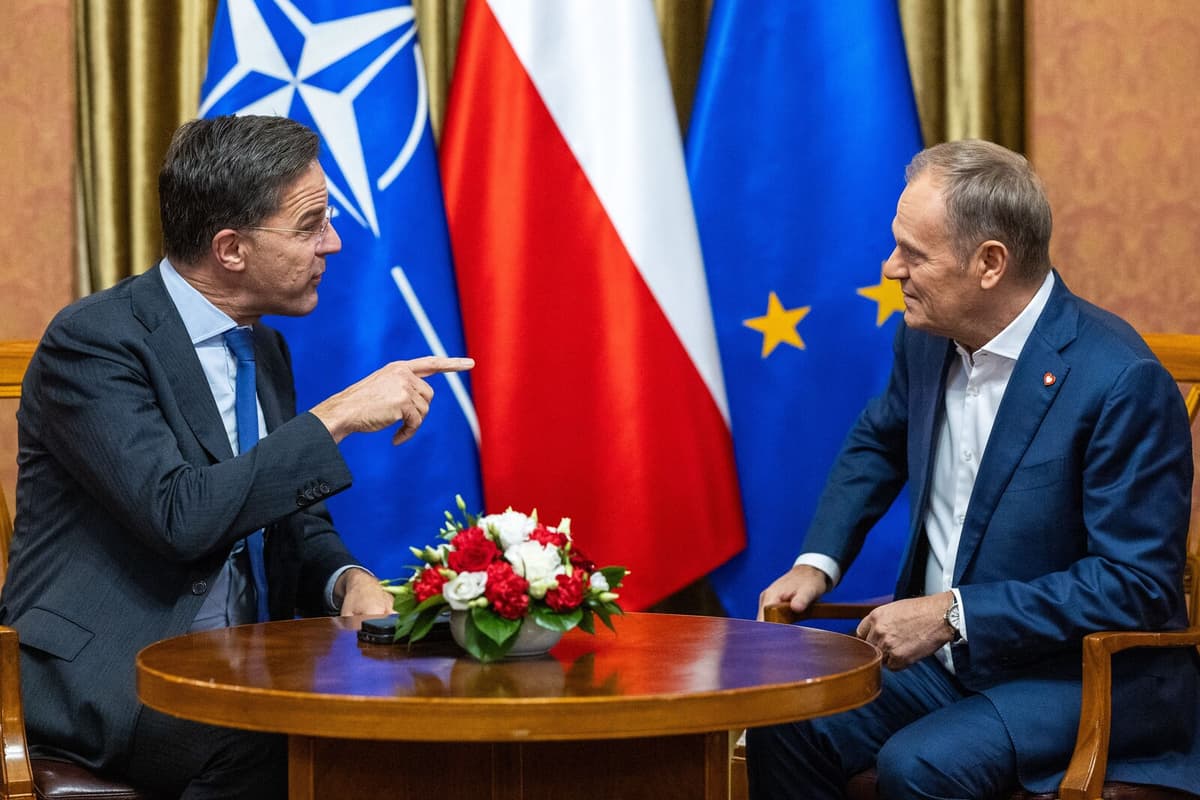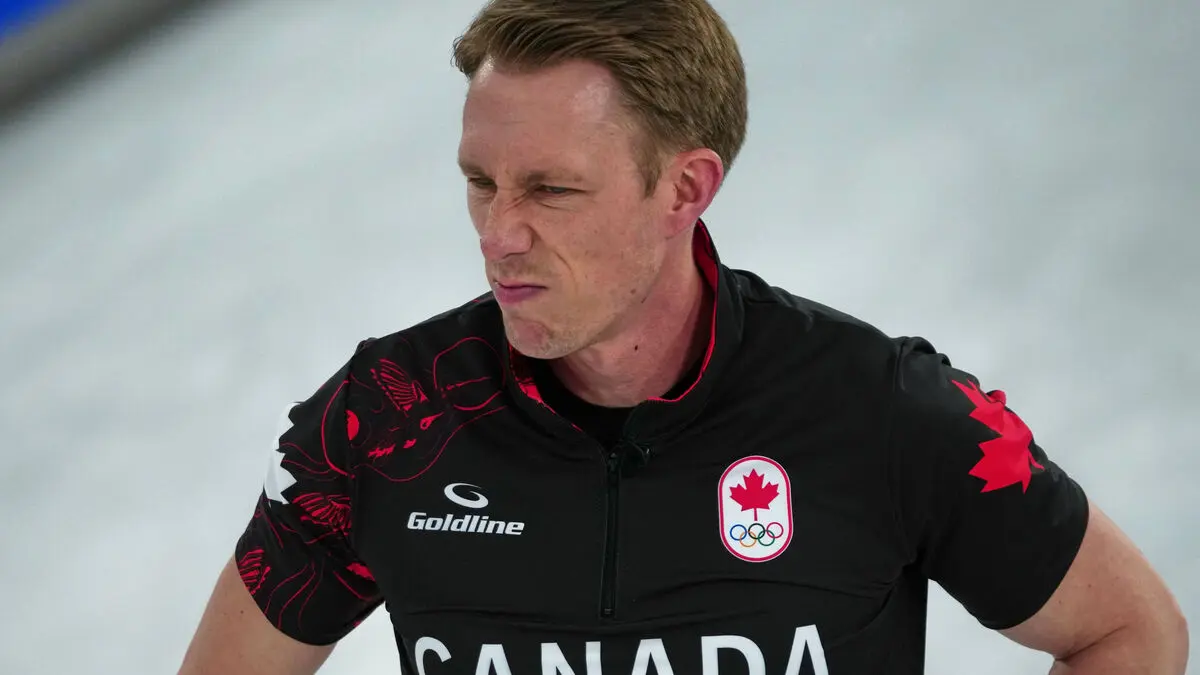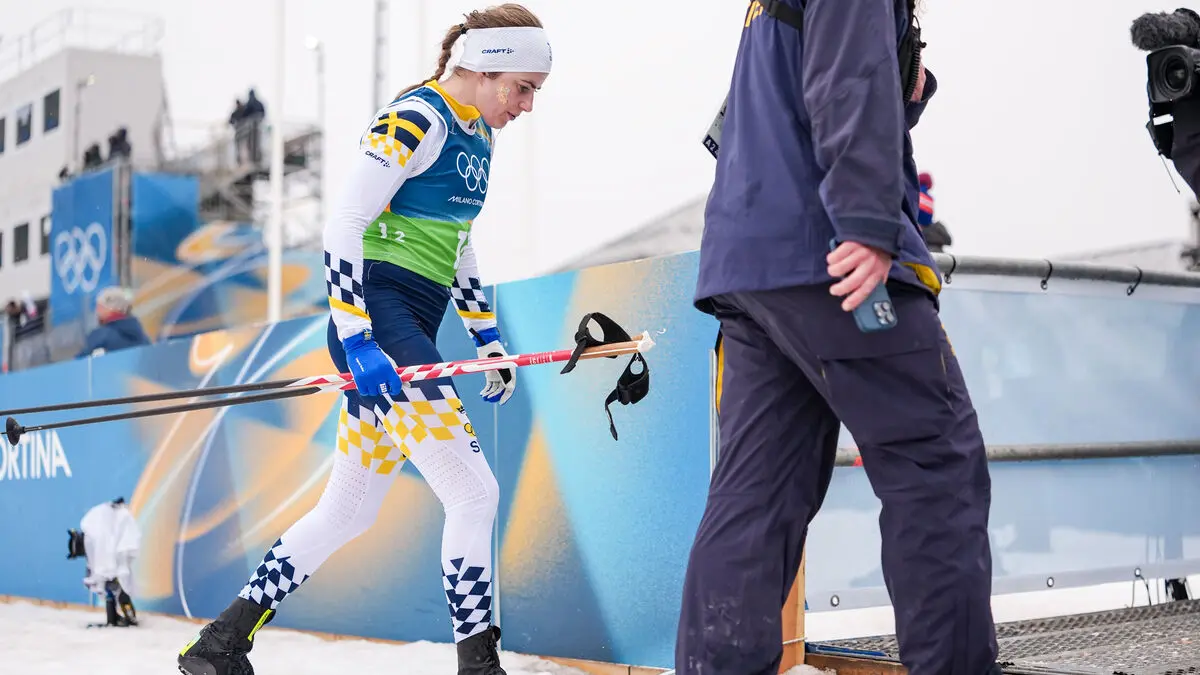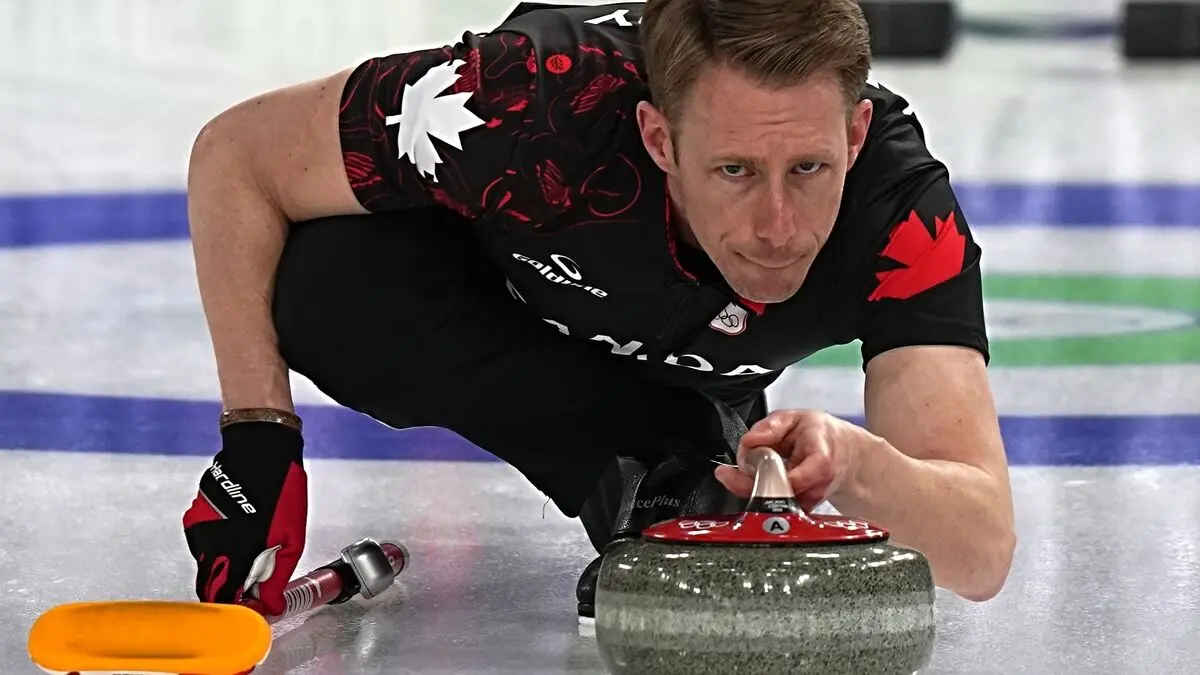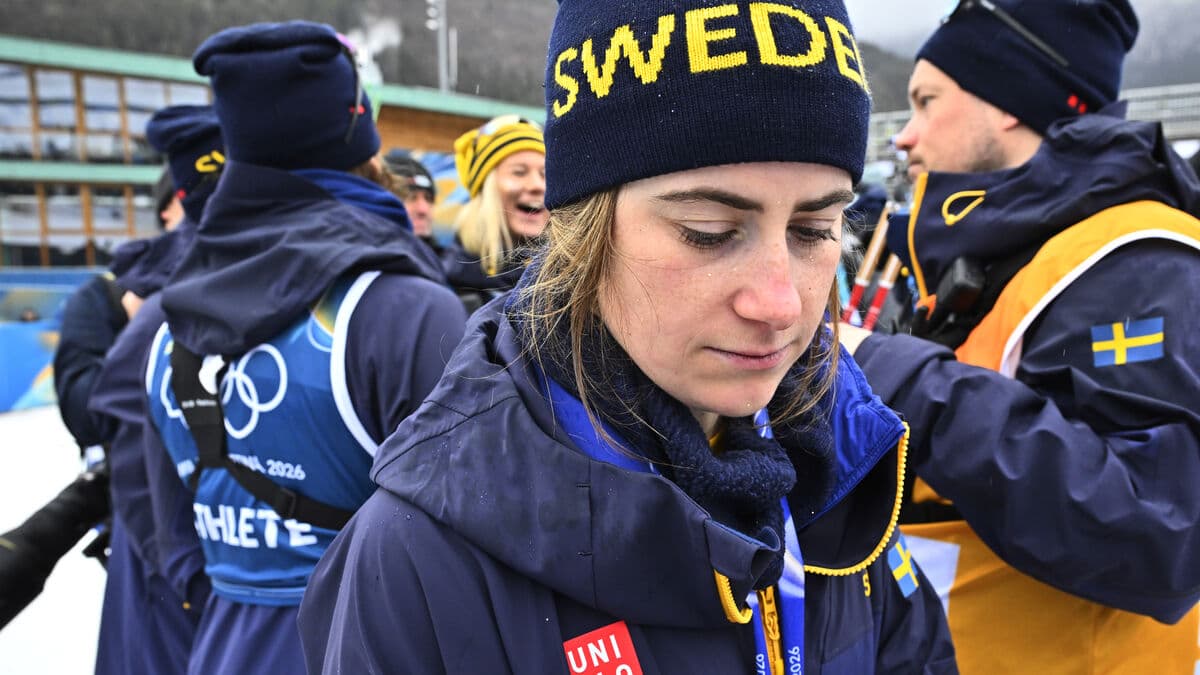Poland's Prime Minister Donald Tusk and NATO's Secretary-General Mark Rutte are getting key roles in handling Donald Trump's return as President of the USA from a European perspective.
Tusk has immediately acted to ensure that Europe establishes a "watertight principle" regarding the war in Ukraine.
All future decisions on ending the war or freezing the conflict must be made together with the countries on NATO's eastern flank and, above all, Ukraine itself, said Tusk at a press conference when Rutte visited Warsaw last week.
Tusk has announced coordinating meetings with both France and the United Kingdom. He will also attend the Nordic-Baltic summit to be held at Harpsund next week.
The Polish head of government has actively taken on a role that would otherwise be filled by his colleague in Germany. However, Federal Chancellor Olaf Scholz has been sidelined due to both the ongoing government crisis and his heavily criticized phone call with Russia's President Vladimir Putin.
"A Winner"
Tusk, Rutte, and also the EU's incoming new foreign policy chief Kaja Kallas have all started hammering home the same phrase ahead of Trump's inauguration: Russia's close cooperation with North Korea, Iran, and China means that the war in Ukraine cannot be disconnected from either the conflict in the Middle East or relations with China. Everything is interconnected, and therefore, it is also in the USA's interest not to let Ukraine lose.
Poland's President Andrzej Duda, with good contacts with Trump, also hopes to influence him with economic and emotional reasons.
He is a winner. I cannot imagine him letting Russia destroy Ukraine, where the USA has invested so much of its taxpayers' money. It's a matter of respect for taxpayers, said Duda when he also received NATO chief Rutte last week.
Orbán Waits for Peace
The concern about what the USA will do next, combined with Russian military advances and growing discontent among EU parties on the far-right and far-left, has increased European pessimism about Ukraine's chances of winning.
Hungary's Prime Minister Viktor Orbán is leading the faction that wants to quickly stop both the war and all sanctions against Russia, without much regard for what Ukraine thinks. And Orbán remains Trump's closest ally in Europe.
The peace-loving president won, so now we're waiting for peace, Orbán said earlier on Hungarian radio.
However, Orbán has not wanted to elaborate on what the peace should look like. Trump's former Secretary of State Mike Pompeo claims that Trump will not let Russia's President Vladimir Putin "roll over" Ukraine.
It is absolutely necessary that the image becomes one of the West standing up against this villain (Putin) and not letting evil prevail. I have good hopes that President Trump realizes this, said Pompeo at an appearance in New York last week.
Heavy Baltic Weights
Regardless of how it goes, Europe's most Russia-critical countries are holding on to positions that make them heavily influential in the debate ahead.
From January 1, Poland will become the chair of the EU Council of Ministers after Hungary – a huge difference when Donald Tusk will be handling the coordination instead of Orbán.
Estland's Kallas will also become the EU's new foreign policy chief, while Lithuania's Andrius Kubilius will become the union's first defense commissioner.
Mark Rutte will, for his part, try to repeat the efforts of his predecessor Jens Stoltenberg in NATO as the one who keeps Trump tied to the transatlantic relationship. An important opportunity will be NATO's upcoming summit in Rutte's old hometown of The Hague in about half a year.
I had an exceptionally pleasant phone call with President-elect Trump last week. We have worked very closely together in an extremely open and pleasant way, assured Rutte during his visit to Warsaw.
Together with Poland, the Nordic and Baltic countries make up 15 percent of the EU's population and 30 percent of the area.
In terms of decision-making, they account for 25 percent of the countries at top meetings and in the Council of Ministers (7 out of 27) and 18 percent of the votes in the EU Parliament (131 members out of 720).
Several of the countries have also received heavy posts in the next EU Commission, which is expected to take office from December 1. Estonia's Kaja Kallas will become Vice President and Foreign Policy Chief, Finland's Henna Virkkunen will become Vice President and responsible for digital security and democracy, Lithuania's Andrius Kubilius will become Defense Commissioner, Latvia's Valdis Dombrovskis will become economically responsible, and Poland's Piotr Serafin will become the highest responsible for the budget.
Donald Tusk (born 1957) has been Poland's Prime Minister since December 2023. He was also Prime Minister from 2007 to 2014, EU Council President from 2014 to 2019, and Chairman of the European People's Party (EPP) from 2019 to 2022.
Mark Rutte (born 1967) has been NATO's Secretary-General since October this year. He was the Netherlands' Prime Minister from 2010 to 2024 and party leader of the liberal VVD from 2006 to 2023.
Kaja Kallas (born 1977) is expected to become the EU's new foreign policy chief from December 1. She was Estonia's Prime Minister from 2021 to 2024, party leader of the liberal Reform Party from 2018 to 2024, and an EU Parliament member from 2014 to 2018.

